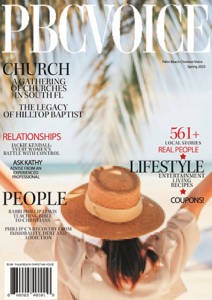Religiously active people are less likely to drink alcohol than those who are not as religious, a recent survey showed.
According to a Pew Research Center poll, 51% of American adults who attend religious service at least once a month said they consumed alcohol in the past 30 days, compared to 62% of the participants who are less frequent attenders.
51% of American adults who attend religious service at least once a month said they consumed alcohol in the past 30 days, compared to 62% of the participants who are less frequent attenders. —Pew Research Center
The survey also found that different religious group vary on their drinking habits. Catholics are more likely to drink alcohol compared to Protestants in the past 30 days (60% vs. 51%). In terms of binge drinking, adults who don’t belong to any religion are more likely to engage in binge drinking (24%) than Catholics (17%) and Protestants (15%).
Catholic participants (15%) view drinking alcohol as morally wrong while only a small percentage of the unaffiliated Americans (7%) had the same opinion.
The Center noted that views on alcohol differ within different religious traditions, too. Among Protestants, 23% of White evangelical Protestants said drinking alcohol is morally wrong, compared to 7% of White mainline Protestants, and 13% Black Protestants.
For those without religious affiliation, drinking alcohol is morally wrong for 9% of adults who said their religion is “nothing in particular,” 5% among agnostics, and <1% in atheists.
The findings of Pew Research Center support another previous study. According to the Barna Group study in 2017, “Religious faith plays a key role in decision-making about alcohol consumption.”
Evangelicals (46%), practicing Christians (60%) and those of other faiths (41%) are less likely to consume alcohol, but when they do, they drink less than their non-religious peers. Some Christian groups encourage members to abstain from alcohol, while Mormonism and Islam prohibit it.
Demographics also play a huge part in affecting Americans’ drinking views and habits, according to Pew. People who are 65 years and older almost never engage in binge drinking (4%). Meantime, men (60%) are more likely than women (52%) to claim that they drank alcohol in the past 30 days. College students are more likely to claim they had a drink in the past 30 days than those without college degrees (69% vs 51%).


